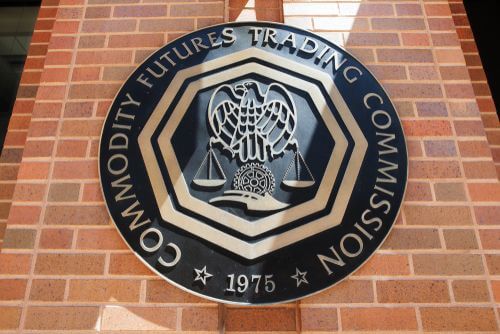

- CFTC announced Jacob Orvidas had conducted a leveraged Bitcoin fraud between October 2017 and July 2020.
- Orvidas was also charged for failing to register as a commodity pool operator.
- The CFTC order imposed a $2 million restitution and $500,000 civil monetary penalty.
In regulation news today, the Commodity Futures Trading Commission (CFTC) has fined Jacob Orvidas from Utah, United States, more than $2.5 million for being behind a leveraged Bitcoin fraud scheme in which at least four pool participants lost money.
CFTC announced the order on Friday, revealing a simultaneous filing and settlement against Orvidas for his soliciting of money from the traders and running an unregistered commodity pool. According to the commodities regulator, Orvidas’ fraudulent dealings also included lies about the losses suffered and availability of the pool participants’ money.
CFTC says people lost over $2 million
Per the CFTC press release, Orvidas carried out his fraudulent activities from around October 2017 to July 2020. He promised to trade leveraged BTC on behalf of the said individuals, allegedly misrepresenting his trading prowess. He also reportedly told pool participants that their money would earn them staggering profits – in one example he lied about a $100,000 deposit that had seen a client cash out $2.7 million.
Pool participants are said to have lost more than $2 million in the process, which Orvidas will pay alongside $500,000 in civil monetary penalty. The regulator also issued a cease and desist order and warned him about future violations of the Commodity Exchange Act.
“While digital-asset cases are often complex, this bitcoin case is a straight-up fraud: simple and old as time. We will continue to deploy every weapon in our arsenal to fight fraud in all our markets,” said Ian McGinley, director of Enforcement at CFTC.
The CFTC charges and settlement with Orvidas come a day after the regulator announced it had simultaneously charged and settled orders against the operators of three decentralised finance (DeFi). In the September 7 order, the Commission said Opyn, Inc., ZeroEx, Inc., and Deridex, Inc had violated the law by offering illegal crypto derivatives trading to customers.
Market experts and crypto industry players have criticised the CFTC’s regulation by enforcement approach. Jake Chervinsky, Chief Policy Officer and crypto advocacy group Blockchain Association, highlighted this on X.
When executive agencies make up new rules and announce them for the first time in a complaint or settlement, that’s “regulation by enforcement.”
Regulation by enforcement deprives the public of their right to due process under federal law.
Agencies may not care, but courts do.
— Jake Chervinsky (@jchervinsky) September 8, 2023


